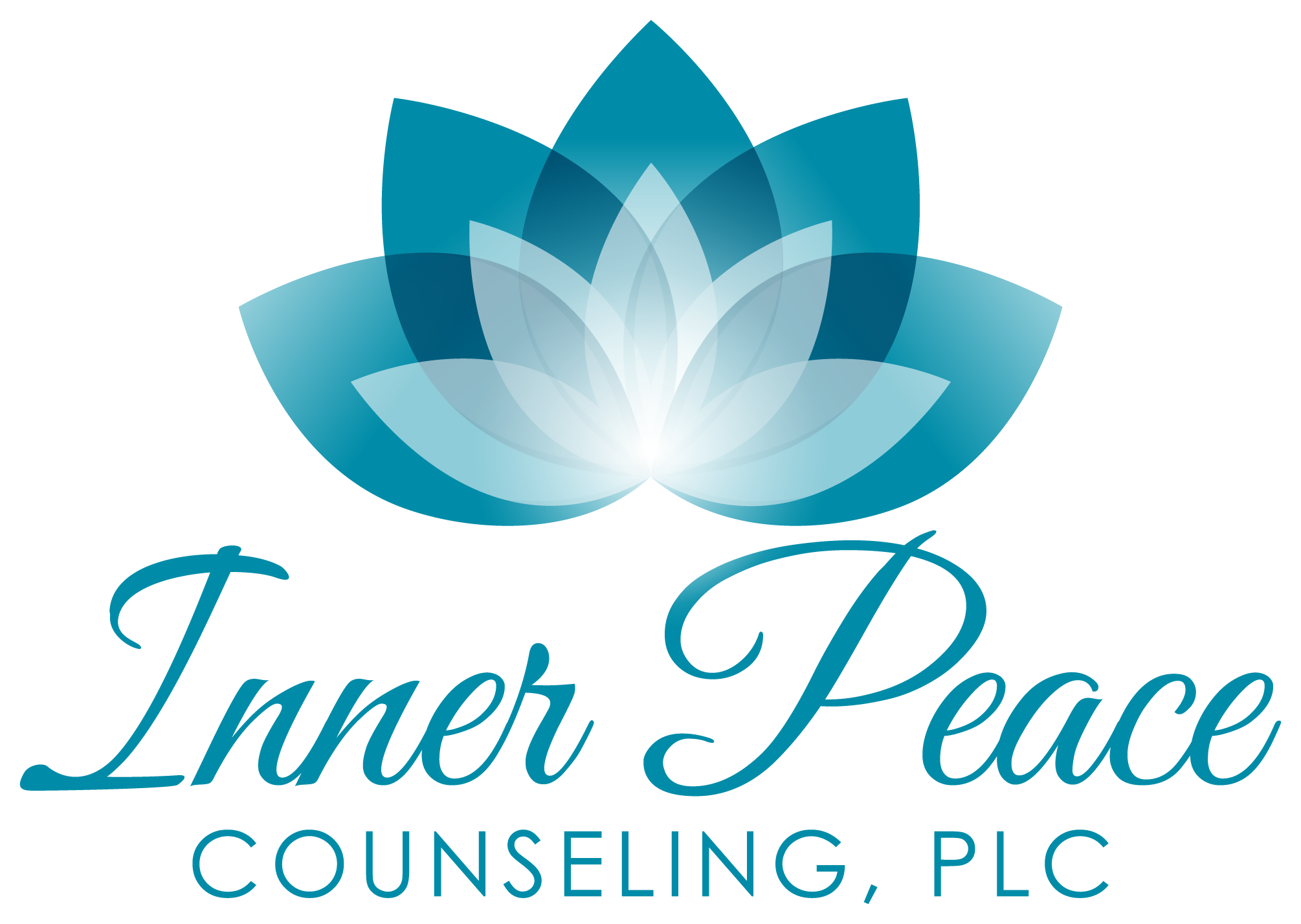Counseling for Chronic Pain/Illness

By: Ashley Carter Youngblood
Categories:
Counseling for Chronic Pain/Illness
Why Helping those with Chronic Pain/Illness is Dear to My Heart
For those who deal with chronic pain or illness, a common thought is that no one really “gets” how hard it is to get through a day. Realistically, no one can know how it feels to be you. But, for those dealing with chronic pain or illness in Kalamazoo, Portage, Mattawan, Battle Creek, Paw Paw, and the surrounding areas of Southwest Michigan, there is a certain level of understanding that needs to be present in order to feel truly supported.
Chronic pain or illness is hard enough in itself, regardless of other life stressors. I have worked with a range of situations related to chronic pain and illness – from those just beginning to deal with an illness to others who are terminal and trying to create closure before their life ends. And, the foundational approach that I use to help people manage chronic pain/illness, called Cognitive Behavioral Therapy, is considered the “gold standard” psychological treatment for such pain problems (Edhe et al., 2014).
A significant part of counseling for chronic pain or illness is identifying the resources and supports needed to continue to find (medical) answers. Sometimes searching for answers feels productive when we are busy trying to find the “right” practitioner to tell us what we hope to hear. The other, more exhausting part is to be able to come to a place where we can cope with our symptoms once we feel like we have exhausted our resources or already have the answers we need.
Dealing with the Loss of Who We Were
Counseling for chronic pain and illness has a lot to do with the stages of grief. As with any loss, we go through 5 successive stages:
- Denial – This is when we don’t see the problem as a problem. We may say “I’m sure, even though I have a family history of breast cancer and I have been feeling ‘off’ lately, it’s nothing.” Others around us may already know to label our symptoms, for example, as “Diabetes” while we are not ready to take the ownership of this label and what that means for our life. Ignorance is truly bliss. Sometimes embracing what may be wrong, or even taking the step to go to a physician to determine if something is wrong, is too hard.
- Anger – This is the most difficult phase to progress past. Much of dealing with illness is anger at our practitioners for not knowing what was going on, anger at missing or not listening to the signs ourselves, or even anger at our bodies for betraying us.
- Bargaining – This is most frequently directed to a Higher Power. Many ask “Why would God let this happen to me?” Sometimes this looks like attempting to make a deal with God – “If you let me be cancer-free, I will do whatever you want.” Other times it may take the shape of “If I take this medication, I am sure it will cure all of my symptoms.”
- Depression – This is the stage where people don’t want to go outside, get out of bed, be social, or even do anything pleasurable. Often people are particularly tearful during this time and may stay in this state for a while.
- Acceptance – This is my goal for you! You may not be able to physically be the person you once were. But, it is my goal to help to reach acceptance and learn how to give yourself permission to live a good quality life, even with any physical challenges you may have. You deserve to give yourself that permission.
Keep in mind that these stages are not fixed. They are fluid. In one moment you may feel content with accepting your new limitations while, in the next one, you are tearful about everything you have lost. You may move two steps forward and one step back. Forever. That is the nature of grief.
Helping Loved Ones Understand
Because it is often all someone can do just to get through the day, loved ones may question why we are just “not ourselves anymore”. We may not want to go out and be social because it is physically uncomfortable for us. We may not want to spent time with others because we don’t want to have to rehash the entire story again. We may feel too overwhelmed by pain to make anything but the necessities of life a priority. We may not even look “sick” to others. This may mean that our relationships with those who don’t understand dissolve. This is the face of chronic pain/illness.
Treating any depression or anxiety that frequently co-exists with chronic pain or illness is important. But, often chronic pain or illness looks naturally like anxiety and depression. So, difficulties with being “who are were” may be less about what’s “wrong” with us and more about the new set of abilities we are trying to embrace. Often those with chronic pain or illness don’t intentionally want to be anti-social or isolated. They are just not sure how to manage otherwise. Being at home feels “safe”. It’s predictable. They can manage their symptoms when they know the space they are in. This means that treatment for chronic pain or illness often involves providing loved ones with information about the affects of such symptoms in order to both help them better understand your experience and find ways to help effectively.
Making Counseling for Chronic Pain/Illness Successful
In order to achieve this effectiveness, it is essential to begin to tap into our own body wisdom. To some, this may be called “intuition” or “Holy Spirit”. Whatever you choose to call it, it is the part of your Self that makes your heart beat and your food digest. Sometimes chronic pain or illness can cause us, out of anger, to completely shut out our body’s attempts to communicate with us. Or, on the opposite side, sometimes those dealing with chronic pain/illness become so hyper-aware of their bodies that it’s hard to identify the relevant messages.
The ability to listen to our bodies, then, remains an essential piece of this work. Sorting out priorities is a first step. It may sound like “Should I stay home and rest in order to be able to go to the store tomorrow? Or, should I spend time with friends now in order to rejuvenate myself for the trip to the store tomorrow that I expect will be difficult?” The style of counseling I offer for managing chronic pain/illness is one that focuses on you reconnecting with what your body is trying to tell you. What are your needs and what are simply expectations of yourself and others that you have been carrying around needlessly?
I pause for a moment here to offer a word on mindfulness. In my page about incorporating holistic healing/mindfulness in work with clients (which you can find here), I describe how the concept of mindfulness can be applied to any issue. This is particularly the case with chronic pain/illness! John Kabat-Zinn, the leader of using mindfulness for the improvement of health, explains that research have found that attempts to escape from pain (e.g. guided imagery, distraction) are actually not helpful in treating chronic pain in the long run. It is only, ironically, the ability to focus on our body’s message and sensations in the present moment that we can find freedom from discomfort. In a sense, this makes mindfulness the key to managing chronic pain.
You can find some tools to help you use mindfulness to manage chronic pain/illness here. I recommend that you check them out as they have changed lives for many people!
Learning How to Care for Yourself
Part of this process often involves learning the important life skill of caring for yourself. Caring for yourself may be an easy concept to grasp. But, for those dealing with chronic pain/illness, often there are conflicting needs present. What they need sexually may not be physically possible. What they want professionally may not be easy financially. What they hope for athletically may be an impossibility.
Because of this, much of the time working through chronic pain/illness is spent in learning how to take care of yourself. This does not mean, however, that “self-care” is a destination. It is a journey. You may be able to take a bubble bath daily now to keep your stress at a manageable level. Over time, you may feel that you now need to journal, too. A support group may be an option. Helping you navigate learning how to care for yourself is a process I would be privileged to be a part of.
~Ashley Carter Youngblood, LMSW, LMFT, CADC, ADS, NNP, CIMHP, CNRC
 Ashley Carter Youngblood is a licensed Clinical Social Worker, licensed Marriage and Family Therapist, and a Certified Integrative Mental Health Professional, Nutrition Network Professional, and Certified Nutrition Recovery Coach who has been in the field since 2007. She offers counseling at her woman-owned business, Inner Peace Counseling, PLC, for those in Kalamazoo, Portage, Mattawan, Battle Creek, Paw Paw, and the surrounding areas of Southwest Michigan. She is passionate about her work with clients, whether it’s providing traditional individual counseling, life coaching, acupuncture, or Amino Acid Therapy for mental health symptoms. Her specialties include holistic healing, counseling for women, anxiety, nutritional interventions for mental health, and support for Highly Sensitive People/Empaths.
Ashley Carter Youngblood is a licensed Clinical Social Worker, licensed Marriage and Family Therapist, and a Certified Integrative Mental Health Professional, Nutrition Network Professional, and Certified Nutrition Recovery Coach who has been in the field since 2007. She offers counseling at her woman-owned business, Inner Peace Counseling, PLC, for those in Kalamazoo, Portage, Mattawan, Battle Creek, Paw Paw, and the surrounding areas of Southwest Michigan. She is passionate about her work with clients, whether it’s providing traditional individual counseling, life coaching, acupuncture, or Amino Acid Therapy for mental health symptoms. Her specialties include holistic healing, counseling for women, anxiety, nutritional interventions for mental health, and support for Highly Sensitive People/Empaths.
I welcome you to contact me or leave any questions or feedback you have about this post. Please keep in mind that the above information is the opinion of an individual, should not be considered medical advice/treatment, and is for entertainment/educational purposes only. I write these blogs as an expression of my passion for wellness and with the hope to be able to help as many people as possible. So, for more information about how to safely navigate this website and to what terms you are agreeing upon use, visit my Disclaimer page. And, as always, if you are experiencing an emergency, contact 911 or present yourself to your nearest emergency room.
Thanks for reading.

